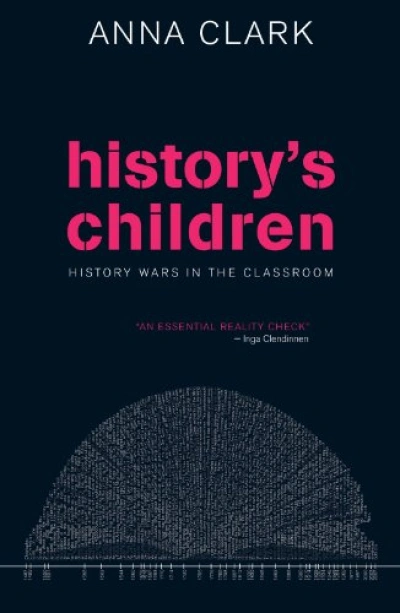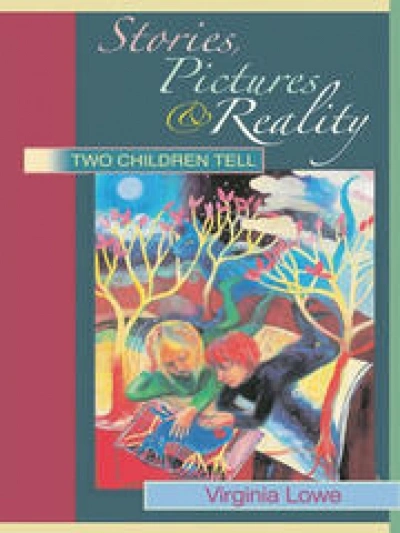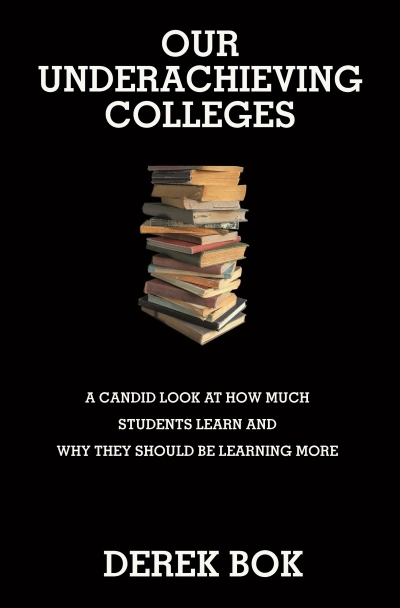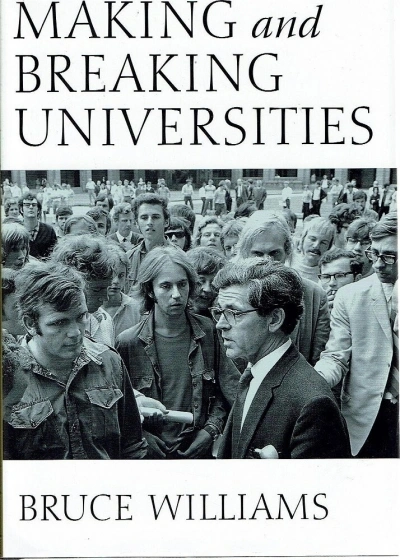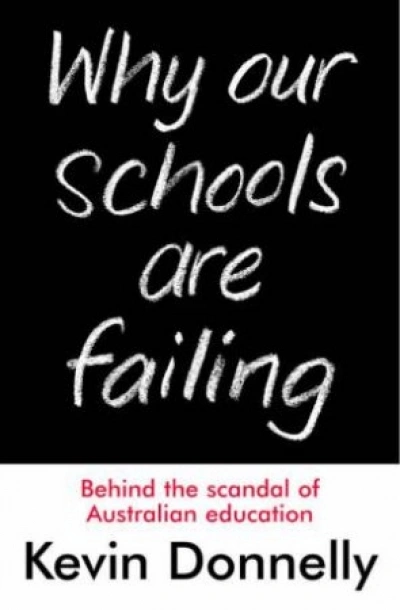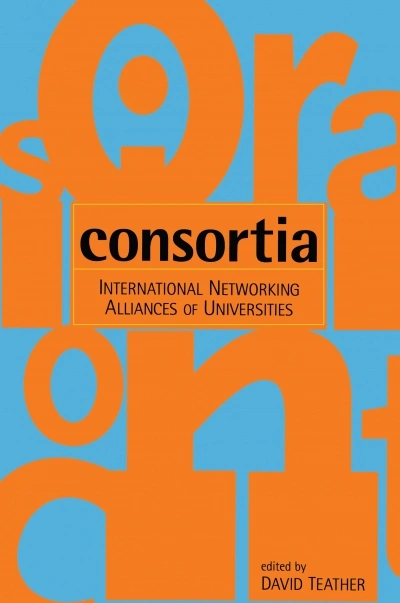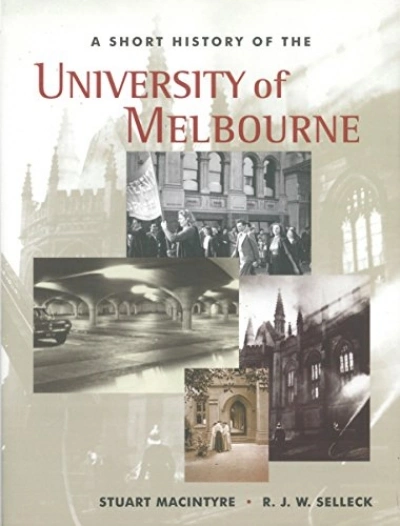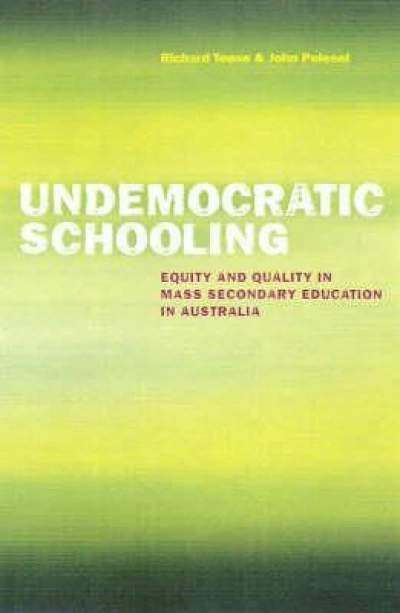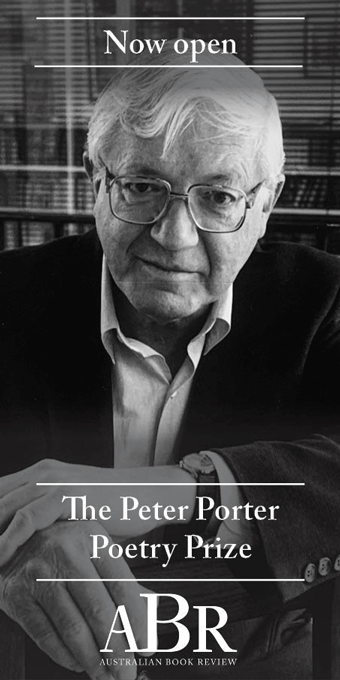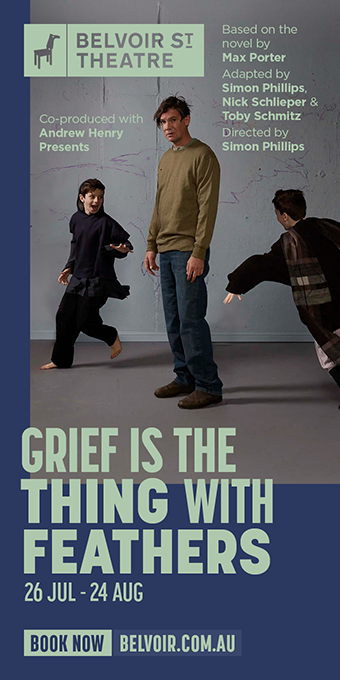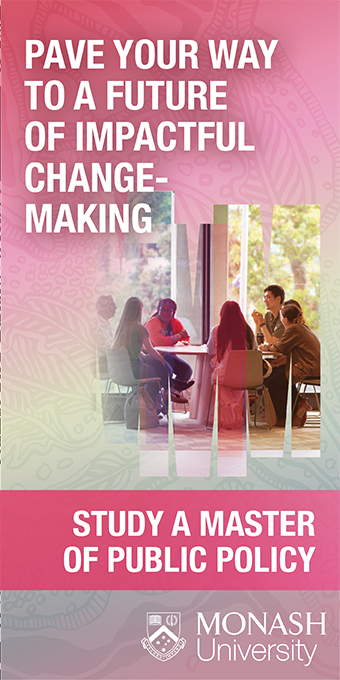Education
Stories, Pictures and Reality: Two children tell by Virginia Lowe
If we cannot end now our differences, at least we can make the world safe for diversity.
President John F. Kennedy, Address to the American University, Washington DC, 10 June 1963
In March 1966 the first students arrived at Flinders University. They were typical of their time. Men outnumbered women two to one. Most lived at home with their parents, their background overwhelmingly middle class. A survey in the first years of the new institution confirmed that Flinders students were not politically radical. A slim majority indicated support for the government of Harold Holt. Only a handful opposed American and Australian involvement in Vietnam. If conservative about political change, Flinders students did not forgo commencement day pranks, with a mock Russian submarine being pushed into the university lake. Four decades ago, most students starting at Flinders were destined for teaching or the public service.
... (read more)Our Underachieving Colleges: A candid look at how much students learn and why they should be learning more by Glyn Davis
Making And Breaking Australian Universities: Memoirs of an academic life in Australia and Britain 1936–2004 by Bruce Williams
In a much-quoted passage at the end of the General Theory of Employment Interest and Money (1936), John Maynard Keynes remarked, with some whimsy, on the power of policy intellectuals like himself:
... (read more)The ideas of economists and political philosophers, both when they are right and when they are wrong, are more powerful than is commonly understood. Indeed the world is ruled by little else. Practical men, who believe themselves exempt from any influences, are usually the slaves of some defunct economist. Madmen in authority, who hear voices in the air, are distilling their frenzy from some academic scribbler of a few years back. I am sure that the power of vested interests is vastly exaggerated compared to the gradual encroachment of ideas.


